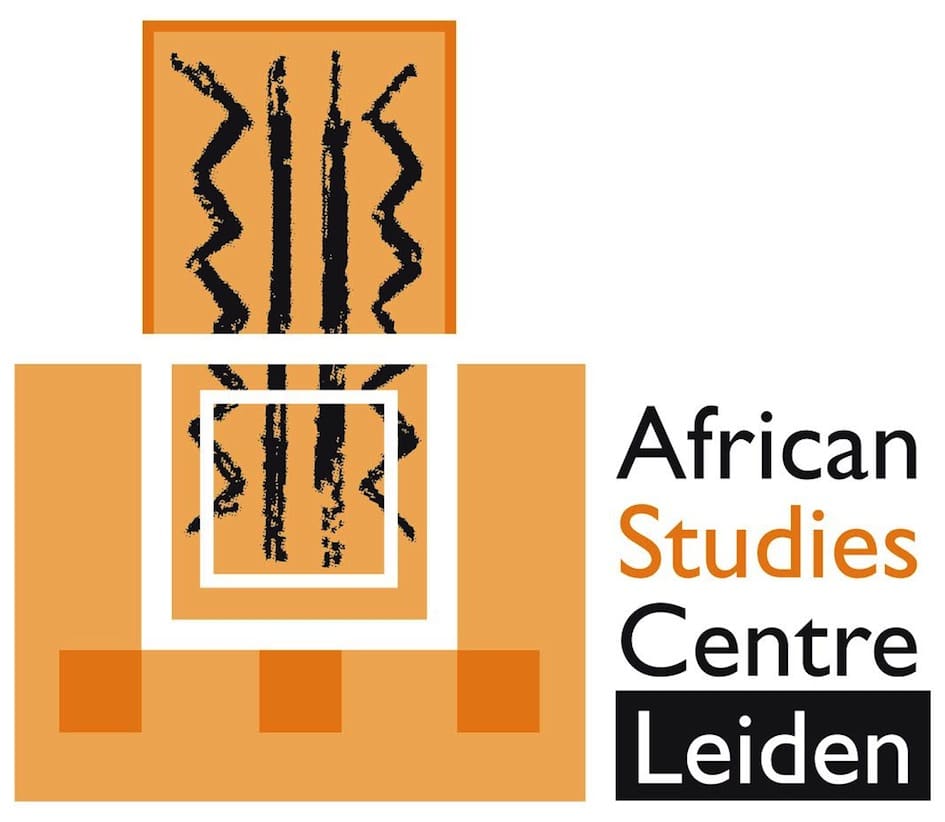The African Thesis Award hosted by the African Studies Centre Leiden (ASCL) presents researchers with the chance to win €500. In addition, the award winner’s thesis will be published in the ASCL’s African Studies Collection.
Presented annually, the opportunity is given to a student whose masters thesis has been accomplished through research conducted on Africa.
Application Deadline: August 31, 2021
African Thesis Award Details
The African Studies Centre Leiden is a scientific institute in the Netherlands. It is an interfaculty institute of Leiden University that undertakes social-science research on Africa.
Furthermore, the institution champions promoting a better understanding of historical, current and future social developments in Sub-Saharan Africa.
At its core, the African Thesis Award intends to inspire student research and writing regarding Africa. It also aims to promote the study of African cultures and societies.
All submitted theses, regardless if they win or not, will be made available in full text online via the ASCL’s library catalogue.
Eligibility Requirements of the ASCL
In order to enter the African Thesis Awards, interested researchers must first make sure that they meet the eligibility criteria posted by the African Studies Centre Leiden. First and foremost, only final-year students who have accomplished their masters thesis at a university in Africa or the Netherlands can join.
Additionally, the aspiring awardees must have graduated with distinction or at least an 8 Dutch rating. Meanwhile, applicants from non-Dutch universities may also apply, provided that they have an A-grade or something similar. This must also be backed by a confirmation letter from their supervisor.
In terms of the thesis output, here are the following requirements that need to be met:
- The researcher’s thesis has to be grounded on independent empirical research with a geographical focus on an African country, region, or its migrant communities elsewhere in the world. Theses in the fields of social sciences or humanities can be submitted. These include geography, political science, anthropology, development studies, economics, history, religion, and literature.
- The ASCL jury highlights the importance of the thesis in relation to development-related issues, its style and readability and interest for the general public. For a higher chance of acceptance, it is recommended that the theses must stand out in terms of subject, theory, and methodology.
How to Apply
If the researcher or a researcher’s supervisor deems the work original, socially-relevant, and impactful, then the thesis may be submitted.
In order to apply and submit the thesis for the African Thesis Awards, aspiring winners must include the following in their entry:
- An electronic version of the thesis to be sent via e-mail
- A summary of the thesis in 500 words or less
- A signed letter of recommendation from the student’s supervisor containing the grade and details of the quality of the thesis. The educational institution from which the student has graduated must also be included.
PLEASE NOTE: Incomplete submissions will not be considered valid, and shall therefore not be processed.
Once all the requirements have been accomplished, the documents must be sent to [email protected] for evaluation. Meanwhile, for further questions and queries, please visit the official African Thesis Award webpage by the ASCL.
brought to you by Scholarships for Africans
Scholarships for Africans is a premier scholarship information blog committed to bringing more opportunities for Africans globally. They are part of the African Scholar Initiative, powered by Scholarship Hippo.
Be a part of our growing community!
JOIN: Scholarships for Africans Facebook group
LIKE: African Scholar Initiative Facebook page


